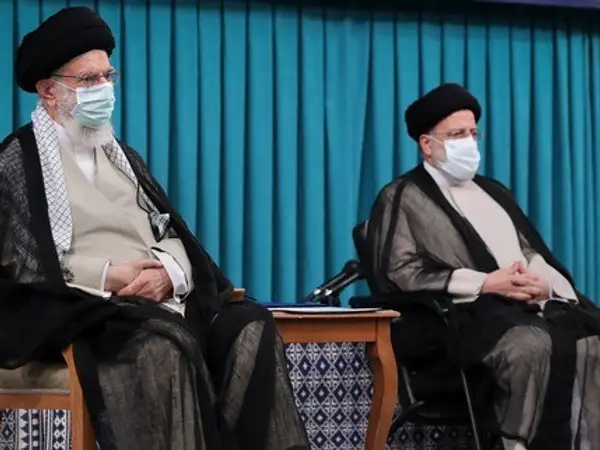Ten months after conservatives in Iran gained full control of the government, many are now complaining about lack of efficient governance amid economic crisis.
While the assumption behind the idea of creating a consolidated conservative government was to make it agile and efficient, even supporters of the government say a hardliner president and parliament have been unable to feed the people.
In recent weeks, prices of essential food items, such as cooking oil, flour and sugar have at least doubled.
According to moderate conservative Khabar Online, what was initially a dream, has become a challenge for the Islamic Republic. The heavy political cost of consolidation, wrote the website, fell on the shoulders of everyone including those who had designed the new system in which the main criterion for appointment of government officials is their loyalty to a single political group.
That group has one single trait and that is loyalty to the Supreme Leader Ali Khamenei.
The process started with facilitating a landslide victory for hardliners in the 2020 parliamentary elections and completed by doing the same in the 2021 presidential election, mainly by eliminating all the candidates that were not part of the hardliner conservative camp. Later in 2021, Khamenei appointed a well-known hardliner as Judiciary Chief, completing the handover of all power to loyal hardliners who soon got rid of anyone in the government who was not in their camp.
The keyword throughout the entire process was "change." And what was to be changed was presumably the worsening economic situation. However, ten months later, government officials including the president still blame "those who created the current situation.”
However, few openly say that the economic crisis, reflected in rapidly increasing food prices, is to an extent the result of sanctions imposed by the United States that can only be lifted if Khamenei agrees to resolve Iran’s nuclear dispute with the West.
Analysts coming from various political factions, even those at the IRGC-linked Fars news agency were saying that "the root cause of the country's problems was corruption, coupled with plundering of national resources by a well-connected few." They also thought a consolidated government can put an end to all that by getting rid of political rivalries.
But rivalries did not end. Last week, Majles Speaker Mohammad Bagher Ghalibaf suggested that the controversy about his family's luxury shopping in Turkey was engineered by his political rivals with the assistance of some intelligence agencies. Later in the week, a letter signed by 233 out of the 290 lawmakers was sent to Khamenei expressing support for Ghalibaf. This week, several lawmakers complained that the letter was supposed to be containing a pledge of allegiance to Khamenei and that they were not told it was to express support for Ghalibaf.
Meanwhile, while Raisi had promised to form a non-factional cabinet, he chose nearly all his ministers from among the ultraconservative Paydari Party and the officials of former President Mahmoud Ahmadinejad's cabinet. The parliament also became divided into at least four factions of Paydari, Ahamdiejad's men, Ghalibaf's neo-con aides and traditional conservatives.
Former lawmaker Gholam Ali Jafarzadeh Imanabadi has said that the government has failed and now those who engineered the consolidated system should be held accountable. Some lawmakers includingMostafa Reza Hosseini Ghotbabadi have gone further and called on parliament to table a motion to unseat the President for incompetence. Ghotbabadi said that the Majles has been mulling the idea of Raisi's incompetency at least twice in recent months.
